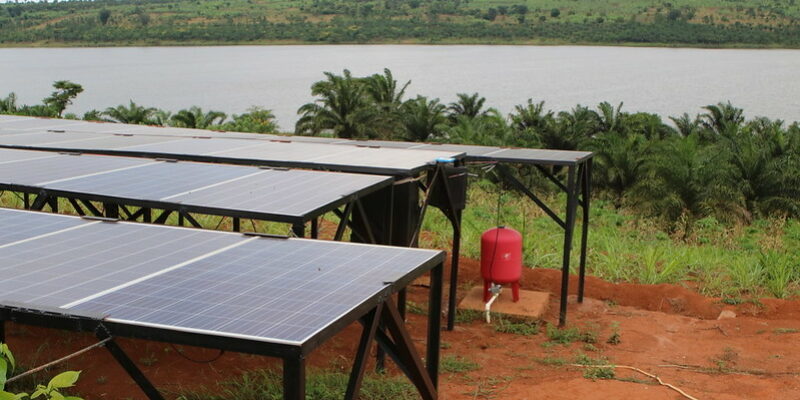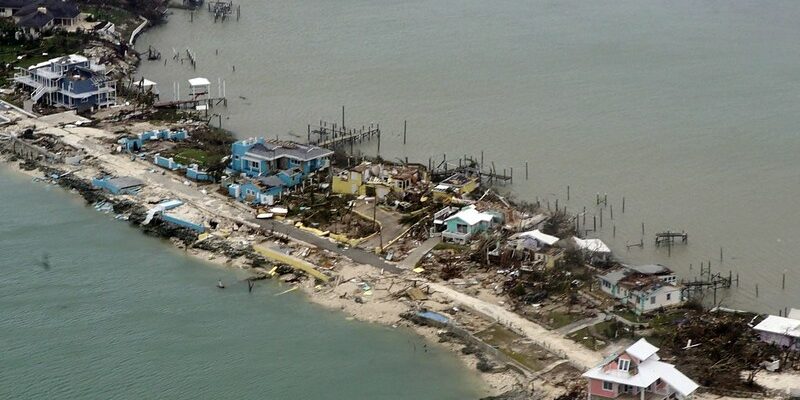Comment
Insights and expert analysis on climate issues.
Share


The coronavirus pandemic adds yet another shock to the multiple challenges that more than a billion people living in the Least Developed Countries (LDCs) already face in day-to-day life. It is much more than a health crisis. It has the potential to create devastating health, social, economic and environmental crises that will leave a deep, long-lasting mark. However, it is an opportunity to adopt and implement sustainable solutions during the recovery process, also for LDCs, without losing sight of the climate crisis.

As the economic impacts of COVID-19 on Pacific Small Island Developing States stretch into 2020, there is a real risk that longer-term strategic action on climate change will take a back seat, and countries struggling to keep up with rising tides risk losing further ground.

Every few years, the idea that gas will help Australia transition to a zero-emissions economy seems to re-emerge, as if no one had thought of it before. Federal energy minister Angus Taylor is the latest politician to jump on the gas bandwagon.

The coronavirus pandemic is a new setback for island states already suffering from climate change and storms such as Cyclone Harold and Hurricane Dorian. They are also preparing for the next season… What are the implications for the efficacy of coronavirus measures as well as for the economic resources available to respond to the pandemic?

Reaktionen auf eine globale Krise - die Coronavirus-Pandemie und der Klimanotstand
Dr Carl-Friedrich Schleussner, Dr Kim Coetzee
Regierungen auf der ganzen Welt sind in ihren Anstrengungen zur Eindämmung der COVID-19-Pandemie vereint. Diese kollektive Reaktion zeigt, wie eine Antwort auf eine globale Krise – auch die Klimakrise – aussehen kann und sollte: entschlossenes Handeln der Regierungen auf der Grundlage wissenschaftlicher Erkenntnisse und individuelle solidarische Verhaltensänderungen, die eine gesellschaftliche Transformation ermöglichen. Dies alles mit dem Fokus auf den Schutz der Schwächsten und mit dem Willen, auch diejenigen zu unterstützen, die die Leidtragenden der nötigen Schutzmaßnahmen sind.
THIS BLOG IS ALSO AVAILABLE IN ENGLISH

Responding to a global crisis - the coronavirus pandemic and the climate emergency
Dr Carl-Friedrich Schleussner, Dr Kim Coetzee
Governments around the world are doubling down on containing the COVID-19 pandemic, showing what a response to a global crisis – also the climate crisis - can and should look like: government action informed by science, individual behavioural change enabling the transformation, and leaving no one behind while focusing on protecting the most vulnerable.
(This article is also available in German)